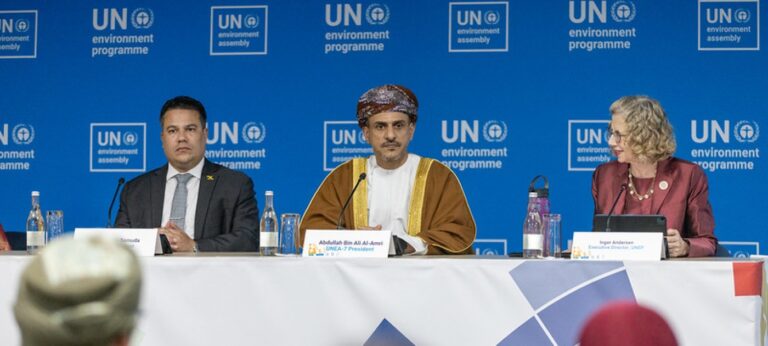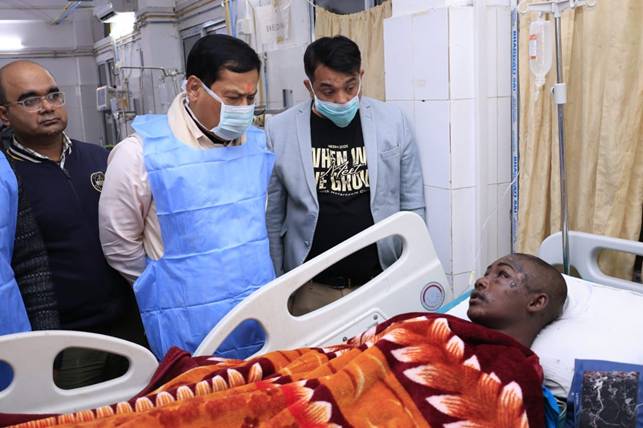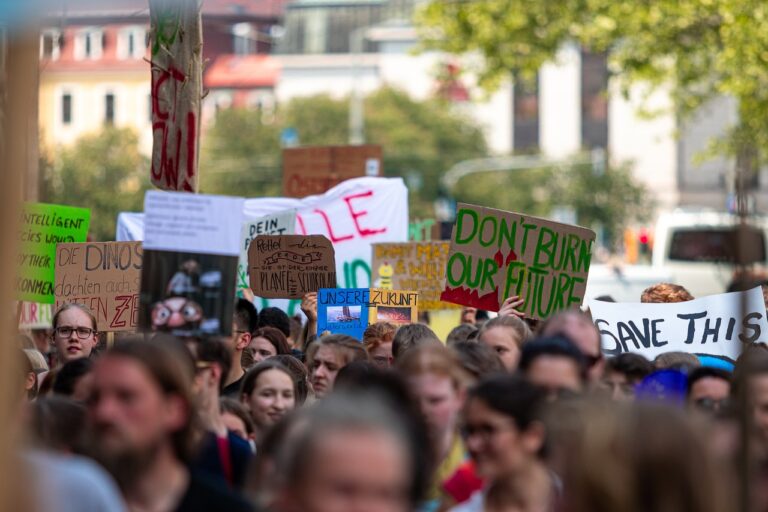
Addis Ababa/New York: Amidst escalating conflict in the north, there were reports of an airstrike in Mekelle, in Tigray, on October 20, 2021. Initial information from the ground indicates that civilians — including women and children — were injured. This is reportedly the third airstrike by the forces in the region in recent times. While the first such airstrike was on the morning of October 18, 2021, which took place apparently in the residential areas of Tigray’s capital Mekelle, the second airstrike in Mekelle town on October 19, 2021 reportedly injured nine people and damaged houses and a nearby hotel. However, the Ethiopian government government had denied the October 18 air strike and claimed that “the air strikes didn’t happen; it’s an absolute lie”.
The Ethiopian government though said the latest airstrike had targeted arms depots.
While more information is awaited, Farhan Haq, Deputy Spokesman for the United Nations Secretary-General, said in New York, “we don’t have the casualty figures, but the initial information indicates that some civilians, including women and children, were injured. We don’t have numbers, but we’re trying to get more information on that”.
On the targets of the airstrike, Haq said, “It’s not for me to determine whether something is a legitimate military target. We, from our standpoint, have raised concerns about any attacks that disproportionately harm civilians. And beyond that, of course, we would need to gain further information about why the targets were chosen the way they were. I believe, in the earlier cases, there have even been an admission from the relevant authorities that they were air strikes, so I have nothing further to say on it than that.”
It may be mentioned that more than 5.2 million people across Tigray — that’s more than 90 per cent of the region’s population — need life-saving assistance, including nearly 400,000 people facing famine-like conditions. Between October 6 and 12, 2021, 211 trucks carrying humanitarian supplies arrived in Tigray, compared to 80 trucks a week earlier. While the increase in the number of trucks was a positive development, this was still insufficient, given that 100 trucks a day were needed arriving into Tigray to meet the needs. Since July 12, nearly 900 trucks had entered Tigray — which was just 14 per cent of what was needed to enter the region. There is no medicine and fuel supply into Tigray either.
Haq said: “We repeat our call to all parties to the conflict to de-escalate across Tigray, Amhara and Afar to avoid further casualties and the suffering of civilians.” He said though the Secretary-General had not spoken to the Ethiopian Prime Minister about the air strikes, he’s made clear his concerns, including in recent days, and those concerns continue. “He hasn’t spoken to him, to the Prime Minister today, but we have made clear what our concerns are about the impact of these operations on civilians and the need to avoid any offensive activities that can target civilians or civilian infrastructure,” Haq told reporters last night (IST).
Humanitarian needs are also increasing in Amhara and Afar due to the spillover into these regions of the conflict in Tigray. “All parties to the conflict must always uphold international humanitarian law and ensure the protection of civilians and civilian infrastructure,” Haq said.
Amid the turmoil, the UN announced withdrawing its staff. Haq stated: “Just an update on UN operations — some 30 per cent of all our staff in Ethiopia are in different regions of the country, including Tigray. The UN and humanitarian partners are staying and delivering. For safety measures, a small proportion of the UN team has been relocated — and that’s around 100 UN staff and 17 dependents. We currently have nearly 400 staff in Tigray alone, committed to delivering life‑saving needs to the most vulnerable people. Including national and international NGOs [non-governmental organizations], that number is nearly 2,000 people in the region. Across the country, our team on the ground notes multiple safety issues that are sparking an increasing number of internally displaced people, who urgently need humanitarian assistance.”
In the past week, several humanitarian organizations had already reduced their presence in Tigray, including due to the absence of essential supplies, notably fuel. Overall, there were about 1,300 humanitarian workers in Tigray, including those of the UN.
– global bihari bureau





